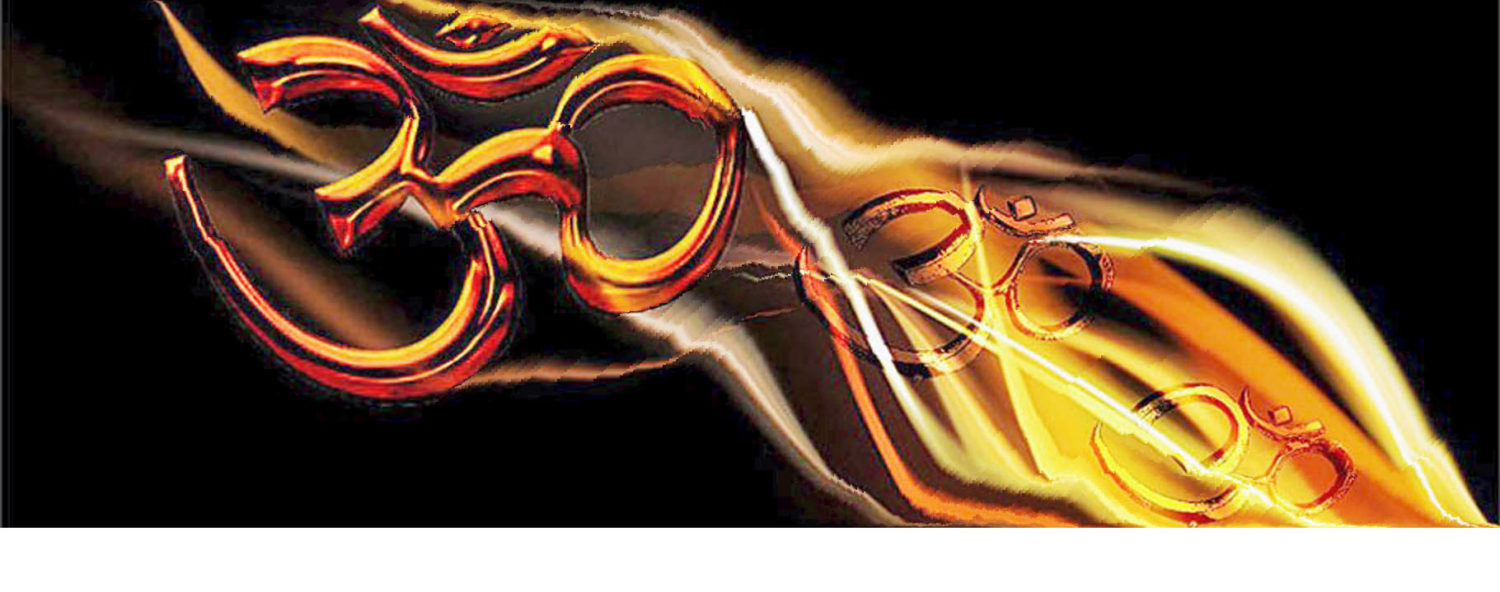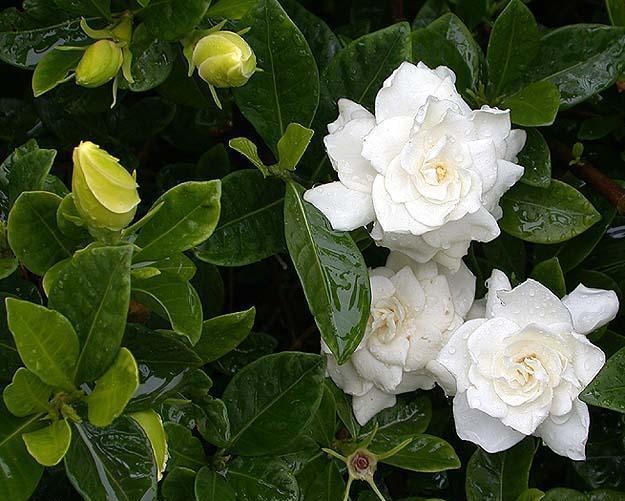Nonviolence is superior to violence
I do believe that, where there is only a choice between cowardice and violence, I would advise violence. Thus when my eldest son asked me what he should have done, had he been present when I was almost fatally assaulted in 1908, whether he should have run away and seen me killed or whether he should have used his physical force which he could and wanted to use, and defended me, I told him that it was his duty to defend me even by using violence.
But I believe that nonviolence is infinitely superior to violence, forgiveness is more manly than punishment. Forgiveness adorns a soldier. But abstinence is forgiveness only when there is the power to punish; it is meaningless when it pretends to proceed from a helpless creature. A mouse hardly forgives a cat when it allows itself to be torn to pieces by her. I therefore appreciate the sentiment of those who cry out for the condign punishment of General Dyer and his ilk. They would tear him to pieces, if they could. But I do not believe India to be helpless. I do not believe myself to be a helpless creature. Only I want to use India’s and my strength for a better purpose.
Let me not be misunderstood. Strength does not come from physical capacity. It comes from an indomitable will. An average Zulu is any way more than a match for an average Englishman in bodily capacity. But he flees from an English boy, because he fears the boy’s revolver or those who will use it for him. He fears death and is nerveless in spite of his burly figure. We in India may in a moment realize that one hundred thousand Englishmen need not frighten three hundred million human beings. A definite forgiveness would, therefore, mean a definite recognition of our strength.
With enlightened forgiveness must come a mighty wave of strength in us, which would make it impossible for a Dyer and a Frank Johnson to heap affront on India’s devoted head. It matters little to me that for the moment I do not drive my point home. We feel too downtrodden not to be angry and revengeful. But I must not refrain from saying that India can gain more by waiving the right of punishment. We have better work to do, a better mission to deliver to the world.
I am not a visionary. I claim to be a practical idealist. The religion of non-violence is not meant merely for the Rishis and saints. It is meant for the common people as well. Nonviolence is the law of our species as violence is the law of the brute. The spirit lies dormant in the brute, and he knows no law but that of physical might. The dignity of man requires obedience to a higher law — to the strength of the spirit.
I have therefore ventured to place before India the ancient law of self-sacrifice. For Satyagraha and its offshoots, non-co-operation and civil resistance, are nothing but new names for the law of suffering. The Rishis, who discovered the law of non-violence in the midst of violence, were greater geniuses than Newton. They were themselves greater warriors than Wellington. Having themselves known the use of arms, they realized their uselessness, and taught a weary world that its salvation lay not through violence but through nonviolence.
Nonviolence in its dynamic condition means conscious suffering. It does not mean meek submission to the will of the evil-doer, but it means putting of one’s whole soul against the will of the tyrant. Working under this law of our being, it is possible for a single individual to defy the whole might of an unjust empire to save his honour, his religion, his soul, and lay the foundation for that empire’s fall or its regeneration.
And so I am not pleading for India to practise non-violence because she is weak. I want her to practise nonviolence being conscious of her strength and power. No training in arms is required for realization of her strength. We seem to need it, because we seem to think that we are but a lump of flesh. I want India to recognize that she has a soul that cannot perish, and that can rise triumphant above every physical weakness and defy the physical combination of a whole world. What is the meaning of Rama, a mere human being, with his host of monkeys, pitting himself against the insolent strength of ten-headed Ravana surrounded in supposed safety by the raging waters on all sides of Lanka? Does it not mean the conquest of physical might by spiritual strength?
However, being a practical man, I do not wait till India recognizes the practicability of the spiritual life in the political world. India considers herself to be powerless and paralyzed before the machine guns, the tanks and the aeroplanes of the English, and takes up non-co-operation out of her weakness. It must still serve the same purpose, namely, bring her delivery from the crushing weight of British injustice, if a sufficient number of people practise it.
If India takes up the doctrine of the sword, she may gain momentary victory. Then India will cease to be the pride of my heart. I am wedded to India because I owe my all to her. I believe absolutely that she has a mission for the world. She is not to copy Europe blindly. India’s acceptance of the doctrine of the sword will be the hour of my trial. I hope I shall not be found wanting. My religion has no geographical limits. If I have a living faith in it, it will transcend my love for India herself. My life is dedicated to the service of India through the religion of non-violence which I believe to be the root of Hinduism.
My Non-Violence
By M. K. Gandhi
Compiled By : Sailesh Kumar Bandopadhyaya
01. The Doctrine of the Sword
Young India, 11-8-1920









